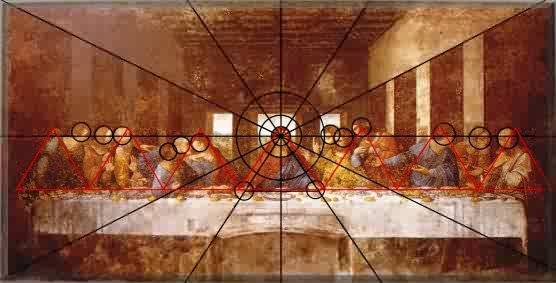[MENTION=17424]decrescendo[/MENTION]
These are just some thoughts I have about this thread regarding the internal vs. external structuring and so forth.
I am seen as externally organized, but as I've been thinking about it, I realize that the way I structure is the same in both contexts. One way to describe it is that it is fractal in nature. I have seen a number of INFJs use fractal images to represent their inner world. This has to do with looking at core concepts and connecting details to these. Both the internal and external worlds are organized with the premise of optimal efficiency and adaptability, so that details can be obtained or applied with the least effort and the most accuracy.
My home is not organized in such a way that would be hospitable to guests

, but my feelings about the "stuff" is that if one cannot find something, why own it? If there is room, I don't throw stuff away, but I have organized all of my husbands things using plastic stacks of drawers with labels on them. Each drawer is a mess inside, but there is one for USB cables, one for audio cables, etc. There is always clutter and floors are cleaned once, maybe twice a year. I never organize anything for the sake of organizing, but in a pragmatic way.
Internally there is a second approach to organizing ideas that I have also observed in others who identify as INFJ, but is definitely my internal framework. I construct poles of concepts that are mutually exclusive. On each extreme of the continuum is a theoretical endpoint of purely distilled concept. Any data point I encounter I place on this continuum in a continually fluid manner. With hundreds of these continuums, more complex concepts are applied with multiple sliding data points. Because of this I rarely come to a place of certainty and absolute conclusion. When it comes to understanding other people, there is a continually revising hypothesis, and sometimes multiple hypotheses if there is too much conflicting information. I even feel this way about my mother, my husband, etc. I never presume to know another absolutely, but connecting to someone is akin to watching a river flow. there have been a couple of times I have debated with other INFJs where I have noticed that they too construct these continuums, but take the two extreme endpoints and attempt to join the two concepts as one. There may be a tendency for some to see the extreme points as not theoretical as I do, but as the points of absolute truth or something? I hope this doesn't all sound too far out, and of course it is possible that it is just incorrect, but it is something I have worked on making sense of for quite some time.
I also find that in conflict resolution there is a difference between INFP and INFJ in that the INFP will tend to explore all the complexities and express a complete sense of their perceptions. This can make discussions extremely complex and can either lead to resolution or complete confusion and alienation. I find generally in myself and other INFJs (correct me if I'm wrong) that there is a tendency to approach conflict resolution with optimal efficiency. I try to focus on humor, gifts, compliments, etc to first simplify the relationship and give reassurances. I think in the same way that INTJs value external efficiency in systems, INFJs could value emotional efficiency between people.



 I don't know your opinion of Jung's Ni description, but from what I remember, the two seem pretty similar. I don't see how Thompson's description of Ni makes it sound like a superpower.
I don't know your opinion of Jung's Ni description, but from what I remember, the two seem pretty similar. I don't see how Thompson's description of Ni makes it sound like a superpower.